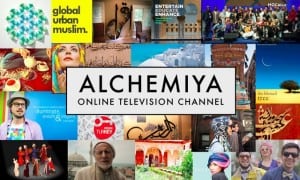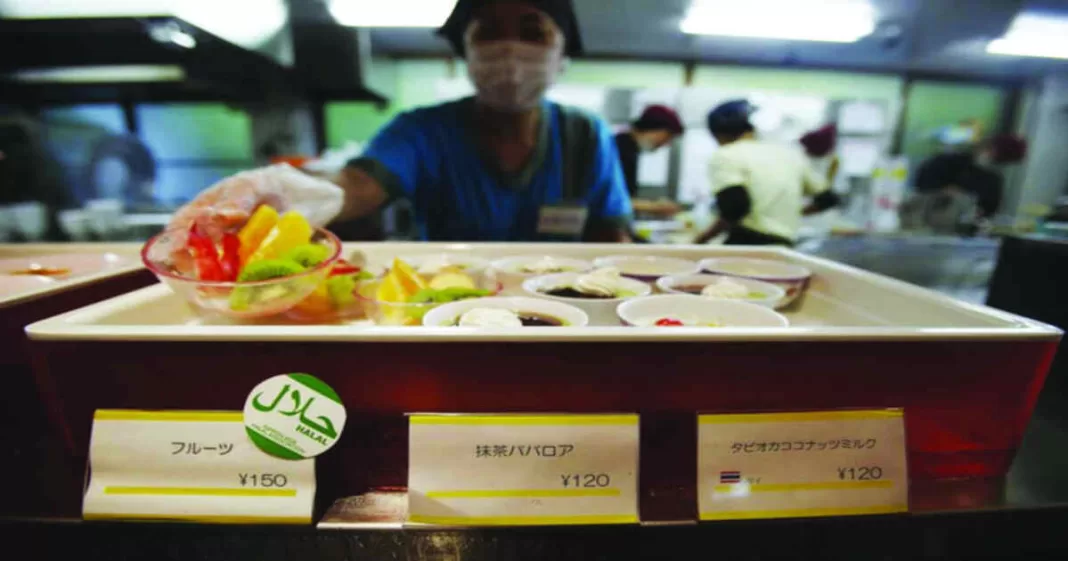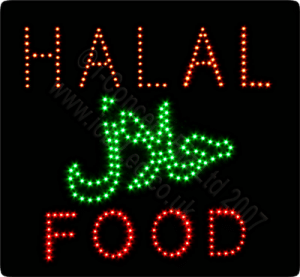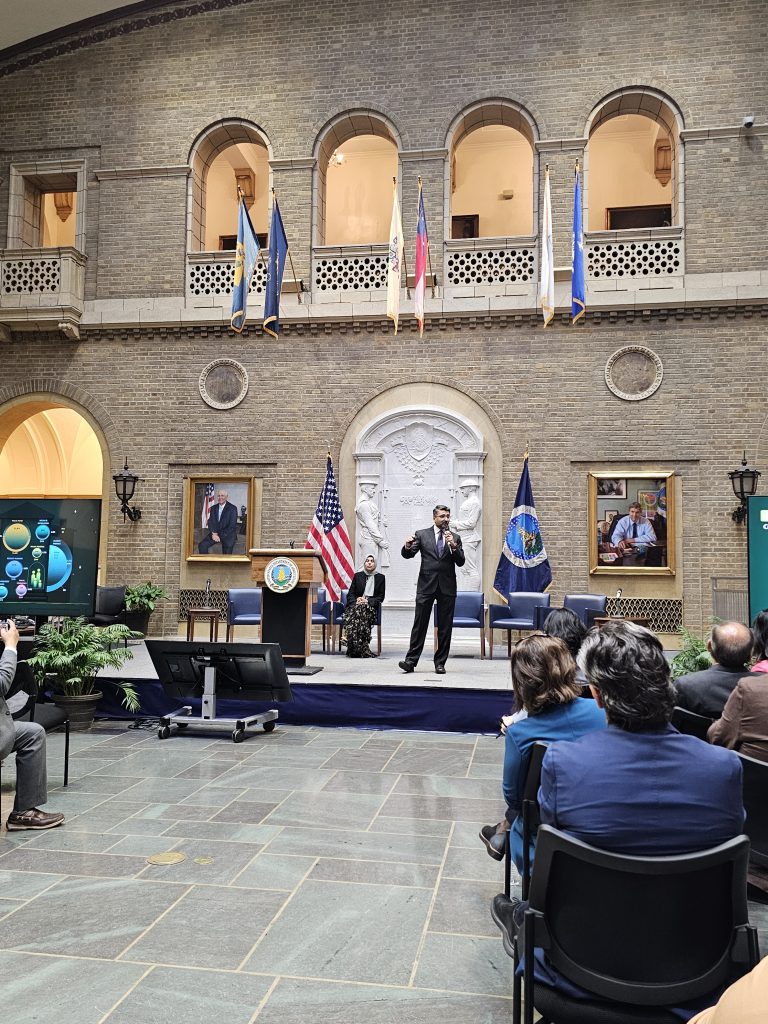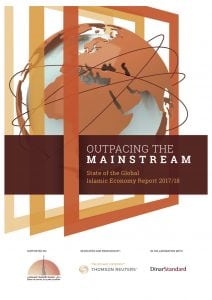 By Babu Das Augustine, Banking Editor – Gulf News
By Babu Das Augustine, Banking Editor – Gulf News
Muslim spending on food and beverages growing at nearly double that of global growth
Dubai: The Islamic economy is on a robust growth trajectory worldwide, thanks to a rising awareness and demand for Sharia-compliant products and services, according to the State of the Global Islamic Economy Report 2017-2018.
“Year-on-year, we are witnessing a surge in demand for products that are manufactured in compliance with stringent environmental sustainability, safety and health standards,” said Abdulla Mohammed Al Awar, CEO of DIEDC.
“The meticulous adherence of Islamic economy products to such standards across the production, distribution and supply value chain explains their increased attractiveness and uptake among larger segments of the world population today,” he added.
“The decline in oil prices has led to a fundamental shift in the nature of the economies of the GCC region and led to a greater focus in developing non-oil productive sectors. This trend has positioned the halal industry and trade in a prime position as growth drivers of the economy for the coming years.”
The report found halal food to be the largest and most diverse sector of the Islamic economy. New entrants have come into the market, and product offerings have firmly moved beyond being meat-focused to include candy, readymade meals, snacks and children’s food.
“The Islamic economy is at the cusp of major growth and widespread recognition, having gained traction as Muslims increasingly assert their religiosity and traditional values in their economic decision-making,” said Nadim Najjar, managing director of the Middle East and North Africa at Thomson Reuters. “Awareness about the concept of halal is on the rise, and companies are responding to these consumer needs.”
With Muslim spending on food and beverages growing at nearly double that of global growth, there are significant opportunities for investment and the creation of global halal food brands, with spending expected to reach $1.93 trillion by 2022.
Family-friendly travel is increasingly becoming popular. According to the report, the number of Muslims traveling is at an all-time high, and there is corresponding demand for travel that adheres to Islamic values.
Halal hotel chains are also emerging and family-friendly attractions are being developed in the GCC. Along with a plethora of new online agencies catering to Muslim tourists, the Muslim equivalents of Airbnb have emerged. Muslims spend on travel was $169 billion in 2016, and is forecast to reach $283 billion by 2022.
As for modest fashion, designer brands and boutiques have recognised that Modest Fashion is trending, developing new lines and Ramadan collections. Muslim spend on clothing was $254 billion in 2016, and is forecast to reach $373 billion by 2022.
Halal Media and Recreation is challenging perceptions and adapting to the needs of Muslim millennials. New films are being released, TV channels are going on air, and mainstream media is increasingly embracing Islamic content, be it on Buzzfeed, or Amazon Channels offering films and documentaries about Muslim culture and life through streaming-service Alchemiya. Muslim spend on media and entertainment was $198 billion in 2016, and is forecast to reach $281 billion by 2022.
The Halal Pharmaceuticals and Cosmetics sector is quickly moving out of its niche status, especially Halal cosmetics. Companies continue to open and make their presence felt on retail shelves and online. Multinational companies are also recognising the segment’s potential, notably US-based Orly teaming up with Muslimgirl.com to create and launch six Halal nail polishes, just in time for Ramadan.
Muslims spend on pharmaceuticals was $83 billion in 2016, and is forecast to reach $132 billion by 2022, while spend on cosmetics was estimated at $57.4 billion, and to reach $82 billion by 2022.

